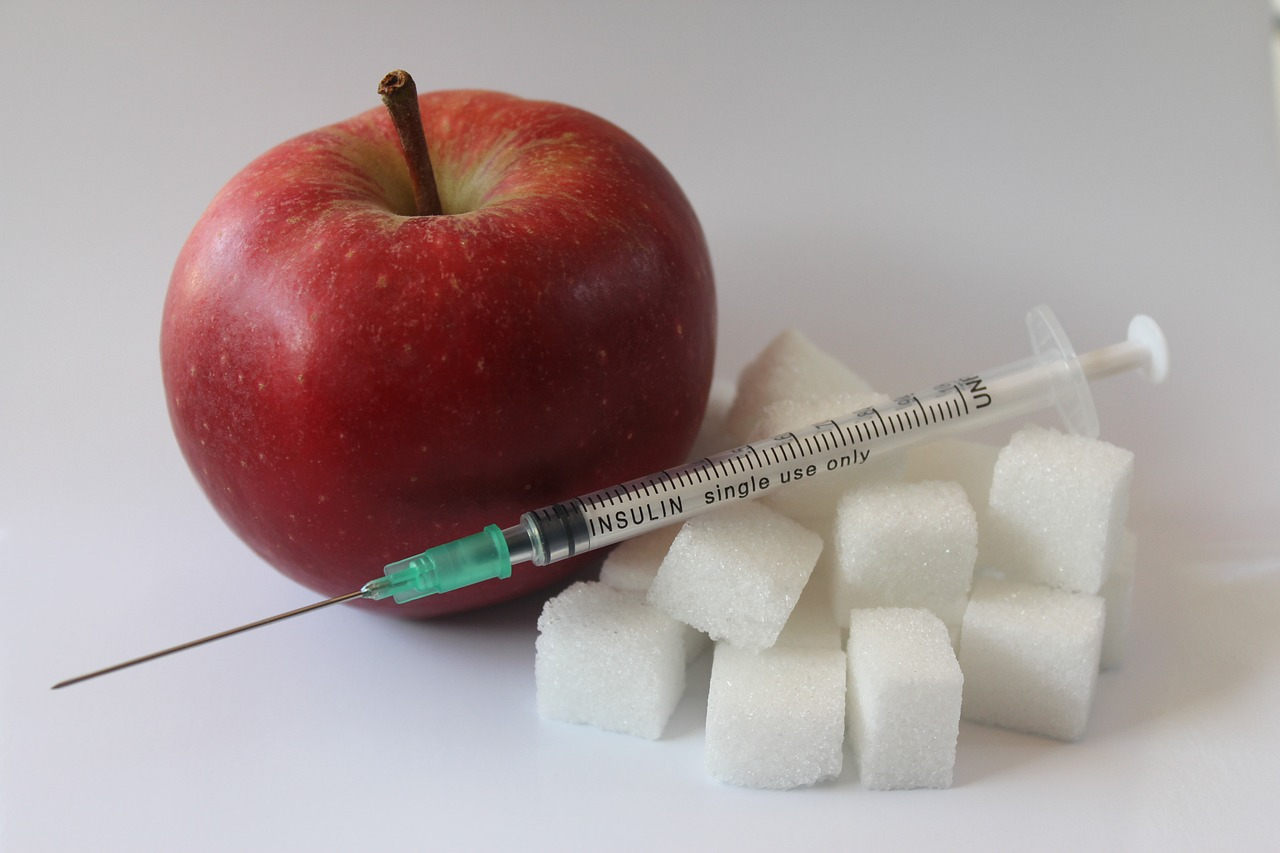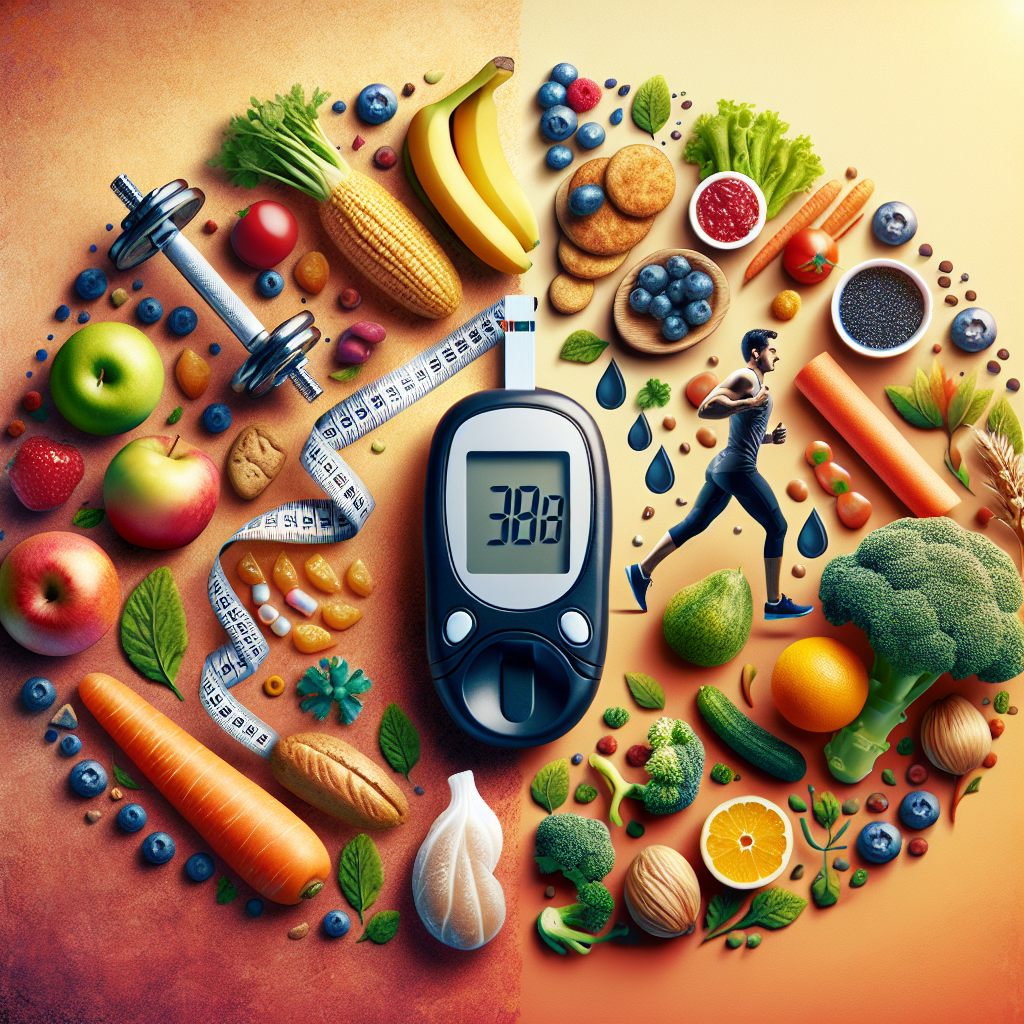Mastering Diabetes: How to Stop Weight Loss
Navigating through the complexities of diabetes often involves a balancing act between maintaining an optimal weight and keeping your blood sugar levels in check. Now, suppose you’re grappling with unwanted weight loss due to diabetes; it becomes crucial to halt this trend and restore your total body weight to normal levels. In the article “Mastering Diabetes: How to Stop Weight Loss,” you’ll explore an exhaustive approach to arresting weight loss tied to diabetes, with efficient strategies that steer clear from quick fixes promising unrealistic weight loss in a week. You will be provided with an in-depth understanding, tips, and hacks to prevent further weight reduction and regain control over your health.

Understanding Diabetes and Weight Loss
Understanding the connection between your health and weight is crucial, especially when dealing with a condition like diabetes. Let’s take a closer look at this connection.
Identifying the connection between diabetes and weight loss
When you have diabetes, your body can’t properly process glucose resulting in higher blood sugar levels. This poor glucose processing can interfere with your appetite and metabolism, prompting unexplained weight loss. The high blood sugar levels might facilitate the breakdown of fats and proteins in your body for fuel instead of glucose leading to weight loss.
Reasons behind involuntary weight loss in diabetes
Involuntary weight loss in diabetes mainly stems from your body’s inability to absorb nutrients due to a lack of insulin. Without insulin to convert glucose into energy, your body starts burning stored fat and muscle to compensate, which causes weight loss. Dehydration due to increased urination and fluid loss can also contribute to sudden weight loss.
Types of Diabetes Impacting Weight
Different types of diabetes might present different challenges in weight management.
Type 1 Diabetes and weight loss
In type 1 diabetes, your body no longer produces insulin due to an immune response attacking the insulin-producing cells. This means glucose can’t be delivered to your body’s cells, causing the cells to starve and leading to weight loss.
Type 2 Diabetes and weight loss
Type 2 diabetes is different. Although your body can still produce insulin, it might not recognize it or fail to use it effectively, a condition known as insulin resistance. This resistance can lead to weight gain, though uncontrolled diabetes can still result in weight loss as your body breaks down fat and muscle for energy.
Implications of Uncontrolled Weight Loss in Diabetes
Uncontrolled weight loss due to diabetes carries significant risks and can have severe consequences.
Physical implications
Physically, rapid weight loss can lead to fatigue, weakness, and nutritional deficiencies. You could also experience slower wound healing, frequent infections, or difficulties staying warm due to loss of insulating body fat.
Psychological implications
Psychologically, unexplained weight loss can cause stress, anxiety, and depression. It may affect your self-esteem and body image, potentially leading to eating disorders or other mental health issues.
Long-term health risks
Long-term, uncontrolled weight loss can increase the risk of heart disease, high blood pressure, osteoporosis, and other health complications. It’s essential to seek medical help if you’re experiencing unexplained weight loss.
Role of Diet in Controlling Weight Loss
a balanced diet plays a significant role in weight management for people with diabetes.
Importance of balanced diet
A balanced diet ensures your body gets the necessary nutrients it needs to function properly. It can help stabilize blood sugar levels, preserve muscle mass, and prevent excessive weight loss.
Foods to be included in diet
Include foods rich in whole grains, lean proteins, fruits, vegetables, and healthy fats in your diet. Along with providing necessary nutrients, these foods can help maintain steady blood sugar levels and prevent sudden weight peaks or falls.
Foods to be avoided in diet
Try to limit your intake of processed foods, sugary drinks, and high-fat foods. These can cause blood sugar spikes, interfere with insulin function, and increase the risk of diabetes complications.

Avoiding Rapid Weight Loss
Rapid weight loss can be harmful and should be avoided.
Understanding why rapid weight loss is harmful
Rapid weight loss can lead to nutrient deficiencies, muscle loss, and a slowed metabolism. It can also lower your immunity, increasing the risk of infections and illnesses.
Steps to prevent rapid weight loss
Preventing rapid weight loss includes maintaining a balanced diet, keeping hydrated, exercising regularly, and monitoring your blood sugar levels regularly. Any sudden weight changes should be discussed with your healthcare provider to prevent potential health issues.
Importance of Regular Monitoring of Glucose Levels
Keeping track of your glucose levels is a crucial part of managing diabetes and weight loss.
Link between glucose levels and weight loss
High glucose levels can cause weight loss as your body will burn fat and muscle for energy instead of glucose. Regularly monitoring glucose levels can help prevent drastic weight changes.
How to monitor glucose levels regularly
You can use a home glucose monitor to check blood glucose levels. Checking your glucose levels at multiple points during the day, especially before meals and at bedtime, can provide valuable information for diabetes management.
Physical Activities to Prevent Weight Loss
Engaging in regular physical activity is another effective way to manage your diabetes and prevent weight loss.
Necessary exercises for people with diabetes
Activities like brisk walking, strength training, and flexibility exercises can help maintain muscle mass, balance blood sugar levels, and improve overall health. Try to aim for at least 30 minutes of moderate physical activity most days of the week.
Safety measures while exercising
Ensure to check your blood sugar levels before and after exercise to prevent hypoglycemia. Stay hydrated, warm up before starting, and cool down afterward.
Consulting Healthcare Professionals
Partnering with healthcare professionals can make managing diabetes and weight much easier.
Importance of routine check-up
Routine check-ups can help detect early signs of weight loss or other complications. Your doctor can adjust your treatment plan as necessary to ensure your diabetes remains under control.
Working with a dietitian
A dietitian can help you design a nutritious, balanced diet that meets your body’s needs and helps manage your weight.
Role of endocrinologist in diabetes management
Endocrinologists have specialized knowledge of how hormones, including insulin, affect the body. They can provide treatment recommendations and strategies to help manage your diabetes and prevent uncontrolled weight loss.
Importance of Medication in Diabetes Management
Medication plays an essential role in managing diabetes and preventing weight loss.
Different medications for diabetes
Depending on your type of diabetes, different medications help regulate blood sugar levels and prevent excessive weight loss. These include insulin, metformin, and sulfonylureas, among others.
How medication helps in controlling weight loss
By helping your body use glucose more efficiently, medication can reduce the need for your body to burn fat and muscle for energy, preventing weight loss.
Lifestyle Modifications for Diabetes Control
Lifestyle modifications can significantly impact diabetes management and weight control.
Healthy sleep pattern
A regular, healthy sleep pattern can help regulate hormones and blood sugar levels, reducing the risk of uncontrolled weight loss.
Effective stress management techniques
Stress can negatively impact blood sugar levels and appetite. Practicing stress management techniques like deep breathing, meditation, or yoga can aid in controlling your weight and managing your diabetes.
Quitting unhealthy habits
Unhealthy habits like smoking or drinking can exacerbate diabetes symptoms and interfere with your ability to manage weight. Quitting these habits is beneficial to your overall health and your ability to manage your diabetes.
In conclusion, the relationship between diabetes and weight loss is a complex one which requires your active participation in managing your body’s needs. Understanding the connection, eating a balanced diet, regular monitoring, physical activities, taking medication, and making necessary lifestyle changes are all essential. Always seek advice from healthcare professionals, and remember, you’re not alone in this journey. You have a team of healthcare providers and a wealth of knowledge and resources at your disposal to help you navigate managing your diabetes and weight.

